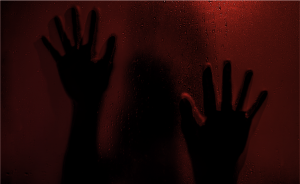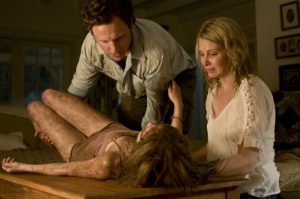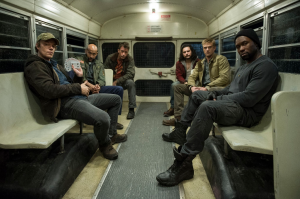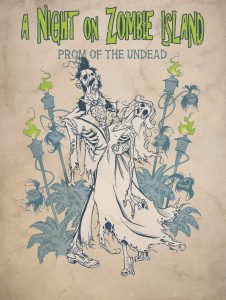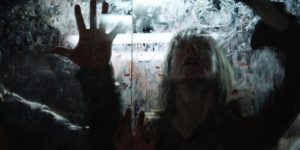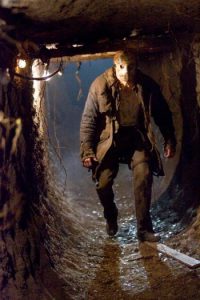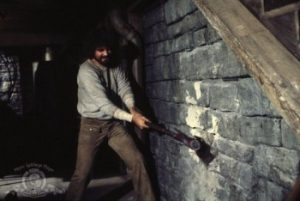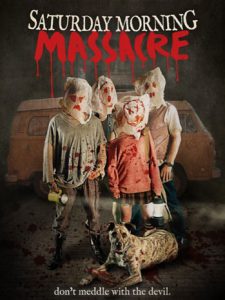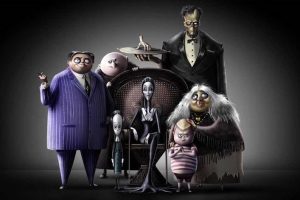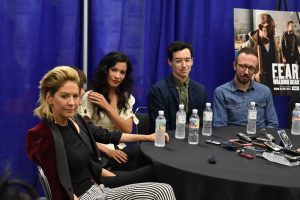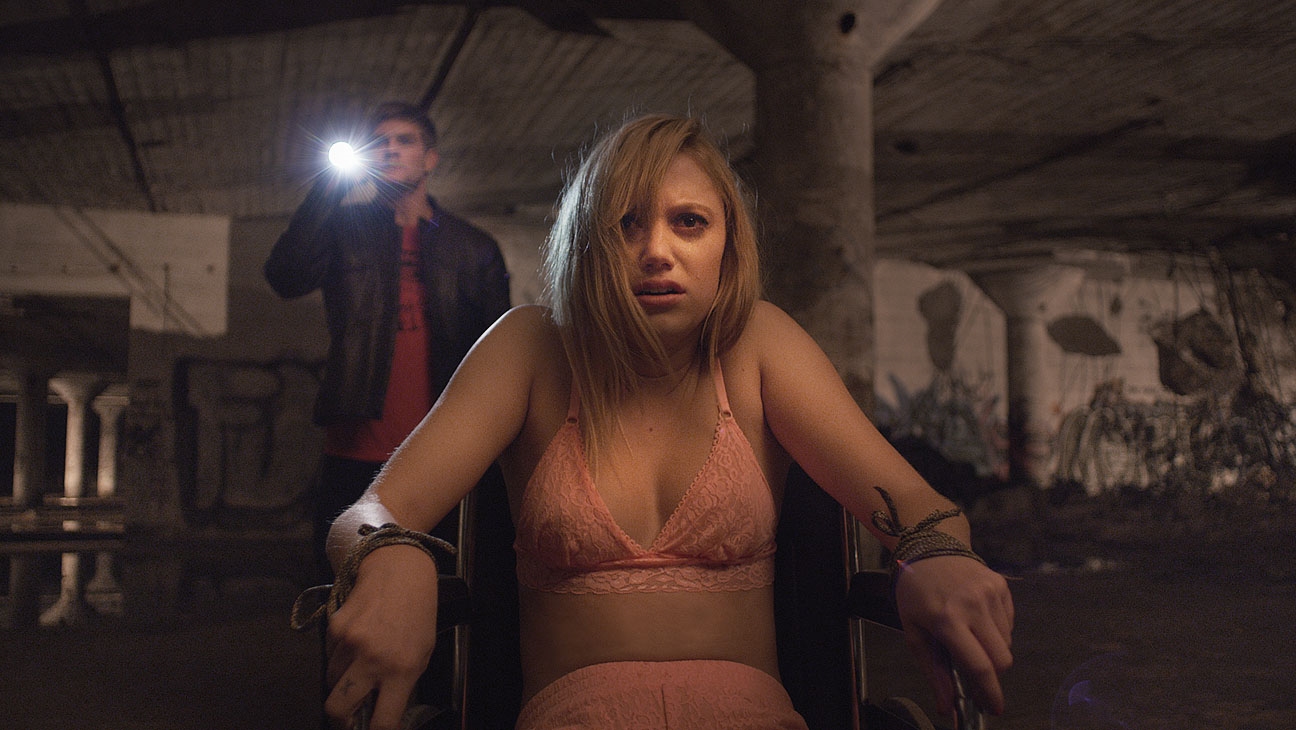
State of Fear- What Does Modern Horror Say About Us?
While horror is good for escapist entertainment it is, arguably, at it’s best when it shines a light on society and reveals our truest fears. Throughout the decades horror movies have managed to reflect the issues that were plaguing our society. Decades ago movies highlighted our fear of the atomic age with movies that showed the ramifications of nuclear proliferation. Then there were movies that revealed our fear of an outside threat, a possible invasion of communists infiltrating our ranks.
So what is our society afraid of now? What are horror movies trying to tell us?
Obviously this article is purely subjective and I’m going to be drawing lines where there might not be connections, but that’s the point of this exercise. Feel free to draw your own conclusions about what popular films are telling us.
In order to gauge what horror is saying about our societal fears I’m going to look at the most popular movies of the last few years. That means that these films aren’t necessarily universally loved horror films, but they are films that were extremely popular with the general public. So if I don’t use your favorite indie horror film as an example, it’s not because I’m dismissing it, it just didn’t have a big enough reach to make an overall statement about society.
The Faceless Monster

Ever since September 11th the nation as a whole was made fully aware of terrorists and the threat they posed to us. While terrorism had always existed, it was a concept that was still relatively foreign to us. We knew that people were capable of committing horrific acts against us, but we generally dismissed these individuals as lone perpetrators. Anomalies that would not be repeated. But after 9/11 we began to perceive these individuals in a different light. They were no longer the random individuals with an insatiable grudge against the government. They were now a faceless enemy who wanted to hurt us and our way of life. They weren’t single individuals, they were a vast network of countless aggressors waiting to strike from the shadows. This was the “War on Terror”, a fight against an intangible enemy that could be anywhere at anytime.
Over the last few years we’ve seen a rise in the popularity of horror films that feature invisible monsters. The most prolific of these films being the “Paranormal Activity” series which typically features no physical monsters on screen. There have also been other popular ghost films in the last few years including “The Woman in Black”, “The Conjuring”, “The Last Exorcism”, “Ouija”, and so on. Even films like “It Follows” features an antagonist that is faceless. It can be anyone at anytime and can strike when you least expect it.
Perhaps these films draw people to them because they touch on a new fear we’ve all developed since 2001. The faceless monster that we’ve all conjured up. It’s a foreign entity attacking us in our homes, the one place that was always supposed to be a safe haven. In these films it’s often hard to say what the entity wants, but it’s clear that its main motivation is to wear down the protagonists with terrifying acts of aggression.
And even when the protagonists somehow manages to defeat the faceless monster, you’re never truly certain it’s gone. It might come back in another form or it simply might be lying in wait, watching for it’s opportunity to strike again.
It’s Always Watching You

In recent years we’ve become more aware that we have increasingly less privacy. Whether it’s because we put ourselves out on the net for everyone to see or because all of our activity is being heavily monitored by branches of the government. Our lives are an open book for anyone with the right amount of access to read.
The popularity of “found footage” films highlights this increased desire to put so much of our lives out there for the world to see. In every film we see people using countless recording devices to capture every moment of their lives. Even when things are at there worst people refuse to put down their cameras and stop recording. People often joke that no one would keep recording in those situations, but I challenge those people to browse some of the more popular YouTube videos out there. Many of them feature people recording and watching other people be seriously hurt or even killed.
Another trope often featured in found footage films is the idea that things only get worse the more you record. In the “Paranormal Activity” films the creature tends to get more antagonized the more it’s filmed. These cameras constantly capturing everything are only digging a deeper hole for people. And perhaps that’s one of the newest fears that we’re only starting to grasp. People are beginning to realize that there are potentially dangerous consequences for being so exposed and open to the world. How many times have we uploaded pictures of our families for everyone to see? How certain are we that we aren’t giving access to the monsters we used to be so desperately afraid of?
Another twist on this goes back to the popularity of ghost stories. These last few years we’ve been aware that the things we say and do are being monitored by unseen figures. The facade of privacy that we thought we had has been torn down completely and we’ve been left bare for the world to see. When you use your credit card to buy something, someone makes a note of that. When you use your phone, someone makes a note of that. More than ever we have an eerie feeling of being watched and ghost stories reflect that uneasiness.
In those films, before things really go bad, our protagonists usually spend a good deal of time talking about how uneasy they are or how something just feels wrong. It’s a slow burn as they come to the realization that someone or something is watching them. It’s a feeling that some of us might be struggling with now as we wonder about the digital fingerprints we’re leaving behind and how they might come back to haunt us.
Now, are these definitive answers to the question “what do horror films say about us?” Of course not, these are only the parallels I’ve chosen to create. The great thing about this is that it’s all subjective and that you can draw your own conclusions. In fact, I would love to see people’s interpretations of modern horror. Feel free to leave comments below about what you think horror says about our society.



